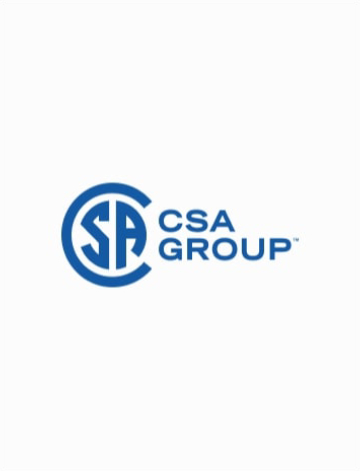
CSA ISO/IEC 20889:19
Privacy enhancing data de-identification terminology and classification of techniques (Adopted ISO/IEC 20889:2018, first edition, 2018-11)
- English
- Publication Year 2019
- Published by CSA Group
Available Formats:
Language:
Format: PDF
Language:
English

